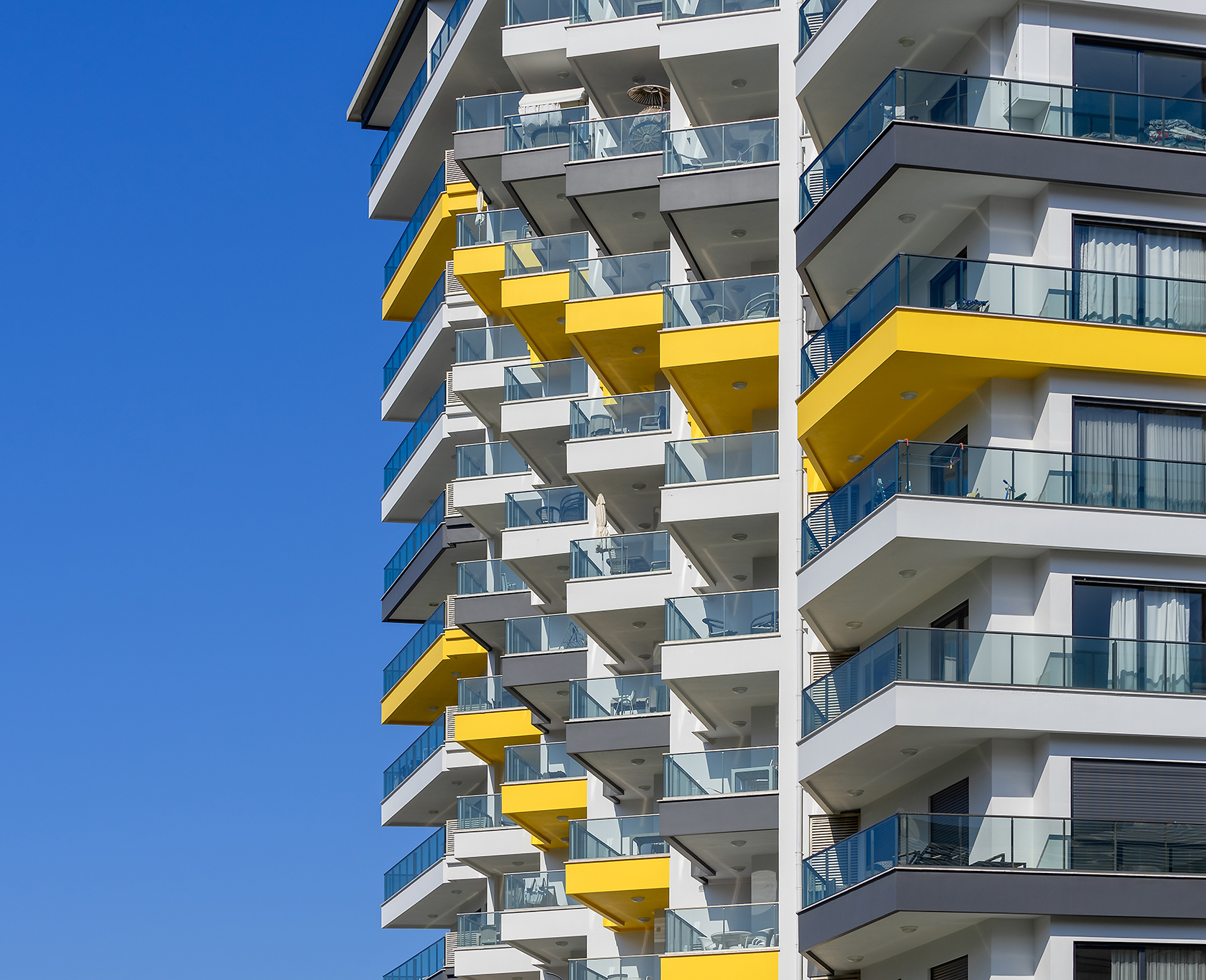The Function of an HOA in Developing and Enforcing Community Standards for Citizens
The function of a Homeowners Association (HOA) in developing and implementing neighborhood guidelines is basic to keeping a cohesive and organized property atmosphere. By developing clear regulations that regulate elements such as building maintenance and neighborhood conduct, the HOA not only establishes criteria for homeowners however also cultivates a feeling of belonging and responsibility.
Recognizing Home Owners Organizations
Homeowners organizations (HOAs) function as governing bodies for household communities, playing an important duty in keeping residential or commercial property worths and promoting a sense of community. Generally formed by developers, HOAs are composed of property owners within an assigned location that elect a board to look after the organization's activities. The primary features of an HOA consist of imposing neighborhood rules, handling usual areas, and arranging community occasions.
HOAs run under a collection of controling papers, consisting of limitations, conditions, and covenants (CC&R s), which describe the rights and obligations of homeowners. These guidelines aim to make certain that buildings are maintained to a certain requirement, consequently protecting the visual charm and general worth of the area. Furthermore, HOAs frequently gather dues from property owners to fund upkeep, landscaping, and other community solutions.
The presence of an HOA can dramatically affect the living experience within a community (hoa condo). While some citizens appreciate the structured environment and features given, others may find particular guidelines limiting. Stabilizing the passions of all home owners is important for an HOA to function effectively, guaranteeing that it serves its intended purpose of improving community living while valuing specific house owner civil liberties
Creating Area Guidelines

To begin, an HOA should perform studies or convene that enable citizens to voice their problems and recommendations. This participatory process fosters a feeling of possession and enhances conformity. Next off, the HOA board must analyze the comments to recognize typical styles and priorities that warrant official incorporation in the standards.
It is also vital to guarantee that the guidelines are clear, concise, and easily understood. Ambiguities can bring about problems and misunderstandings, weakening the purpose of the guidelines. The guidelines need to be comprehensive, covering different elements of neighborhood living, consisting of residential property upkeep, sound degrees, and use of usual locations.
Enforcement of Policies
Efficient enforcement of community guidelines is essential for maintaining order and ensuring that all locals comply with the developed guidelines. An HOA has to execute an organized approach to implement these laws, which often entails a mix of monitoring, interaction, and charges for non-compliance.
First, regular assessments and community patrols can help identify infractions, making sure that rules are consistently applied across the community. This aggressive surveillance allows the HOA to resolve problems prior to they intensify, promoting a feeling of accountability among residents.
Second, clear interaction is necessary. Residents need to be educated of the rules and the treatments for reporting infractions. An open line of communication urges residents to voice problems and look for clarification on guidelines, which can improve compliance.
Last but not least, when infractions occur, the HOA needs to impose effects as laid out in the governing papers. This may include advising letters, fines, or, in severe situations, lawsuit. It is necessary that penalties are applied rather and consistently to maintain depend on within the community. By successfully implementing regulations, an HOA can grow an unified living atmosphere that reflects the cumulative worths of its homeowners.
Benefits of HOA Rules
Numerous advantages arise from the implementation of HOA laws, which offer to enhance the high quality of life within an area. One key advantage is the upkeep of residential property values. By imposing criteria for aesthetics and maintenance, HOAs make sure that homes and typical locations remain eye-catching, cultivating a preferable living atmosphere that can cause boosted property worths in time.
Furthermore, HOA regulations advertise consistency and site harmony within the area. This comprehensibility in design and upkeep assists to produce a feeling of belonging amongst residents, adding to neighborhood pride and a positive ambience. Clicking Here Developed guidelines facilitate dispute resolution amongst next-door neighbors by providing clear assumptions and methods for habits, consequently minimizing conflicts.
An additional significant advantage is the stipulation of common features and services. Many HOAs take care of community centers such as swimming pools, clubhouses, and parks, which enhance recreational chances for locals. These amenities not only enhance the lifestyle yet additionally urge social communication.
Inevitably, the policies stated by an HOA cultivate an efficient, harmonious area, making sure that residents take pleasure in a high standard of living while cultivating a helpful environment for all property owners.
Usual Difficulties Dealt With by HOAs
Among the advantages that homeowners organizations (HOAs) can give, they additionally run into a range of difficulties that can hinder their efficiency. One considerable issue is the lack of resident involvement. Many house owners might not participate in conferences or area tasks, leading to a detach between the HOA board and citizens. This disengagement can result in misunderstandings regarding neighborhood guidelines and a lack of assistance for enforcement initiatives.
An additional challenge is the enforcement of guidelines and laws. Disputes can develop when homeowners really feel that enforcement is irregular or biased, potentially leading to conflicts within the area. Additionally, HOAs commonly encounter economic restraints, which can restrict their capability to maintain common locations or fund neighborhood tasks. This more tips here can create discontentment among homeowners that anticipate high standards of maintenance.
In addition, browsing legal intricacies can be daunting for HOAs. Transforming demographics and developing area needs require HOAs to adjust their guidelines, typically satisfying resistance from long-lasting homeowners that are accustomed to standard standards.
Conclusion

By developing clear policies that control facets such as property maintenance and neighborhood conduct, the HOA not only establishes criteria for residents however also fosters a feeling of belonging and liability.Homeowners organizations (HOAs) offer as governing bodies for residential neighborhoods, playing a critical duty in preserving home worths and fostering a feeling of area. Several home owners may not take part in meetings or neighborhood tasks, leading to a detach in between the HOA board and homeowners. Advancing and changing demographics community needs need HOAs to adapt their standards, commonly satisfying resistance from long-standing citizens that are accustomed to standard norms. With the advancement of clear laws and consistent enforcement, HOAs advertise residential or commercial property upkeep, area satisfaction, and depend on amongst citizens.
Comments on “The Ultimate Comparison: HOA Condo vs. Typical Home”